
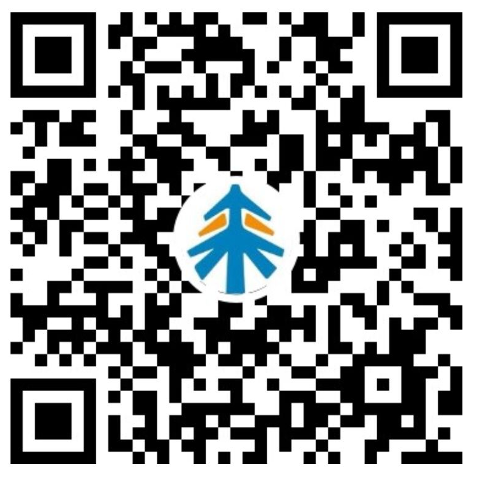
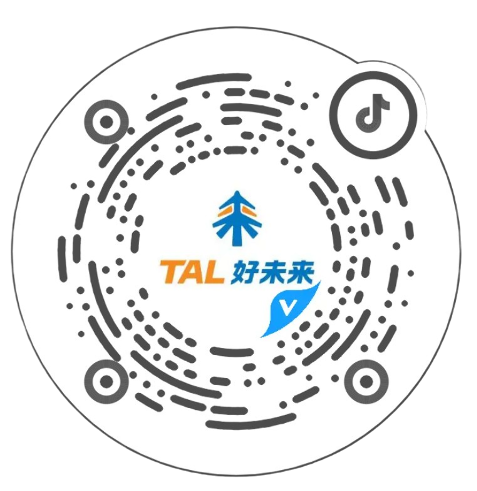
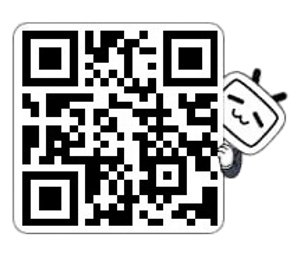
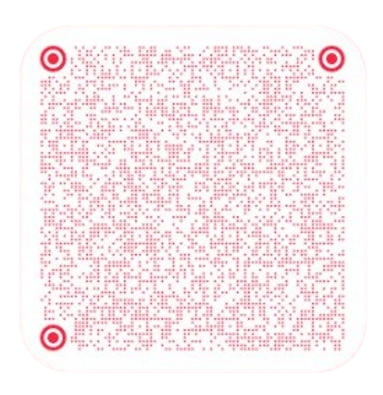
Cicadas Sing in the Height of Summer, Study Tours are in Full Swing
With the arrival of the peak summer travel season, the study tour market has witnessed explosive growth, becoming a popular choice for family travel with children this summer.
Children are stepping away from their textbooks and entering the broad classroom of nature and culture—tracking golden monkeys deep in the Qinling Mountains, replicating ancient murals from the Dunhuang caves, and experiencing astronaut training programs in technology museums. This summer practice, blending knowledge and experiences, vividly interprets the educational essence of "reading ten thousand books and traveling ten thousand miles." From natural exploration to cultural heritage, from technological experiences to handcrafting intangible cultural heritage objects, study tours open a new window for children to understand the world with their unique “Education + Tourism” model.
Zhang Dan, Head of Xueersi Field Research, shared observations with China Urban Newspaper on the current study tour market. According to her, parents are now mainly focused on the authenticity of the research experience, emphasizing whether it’s truly “real research” rather than just a “token effort.”
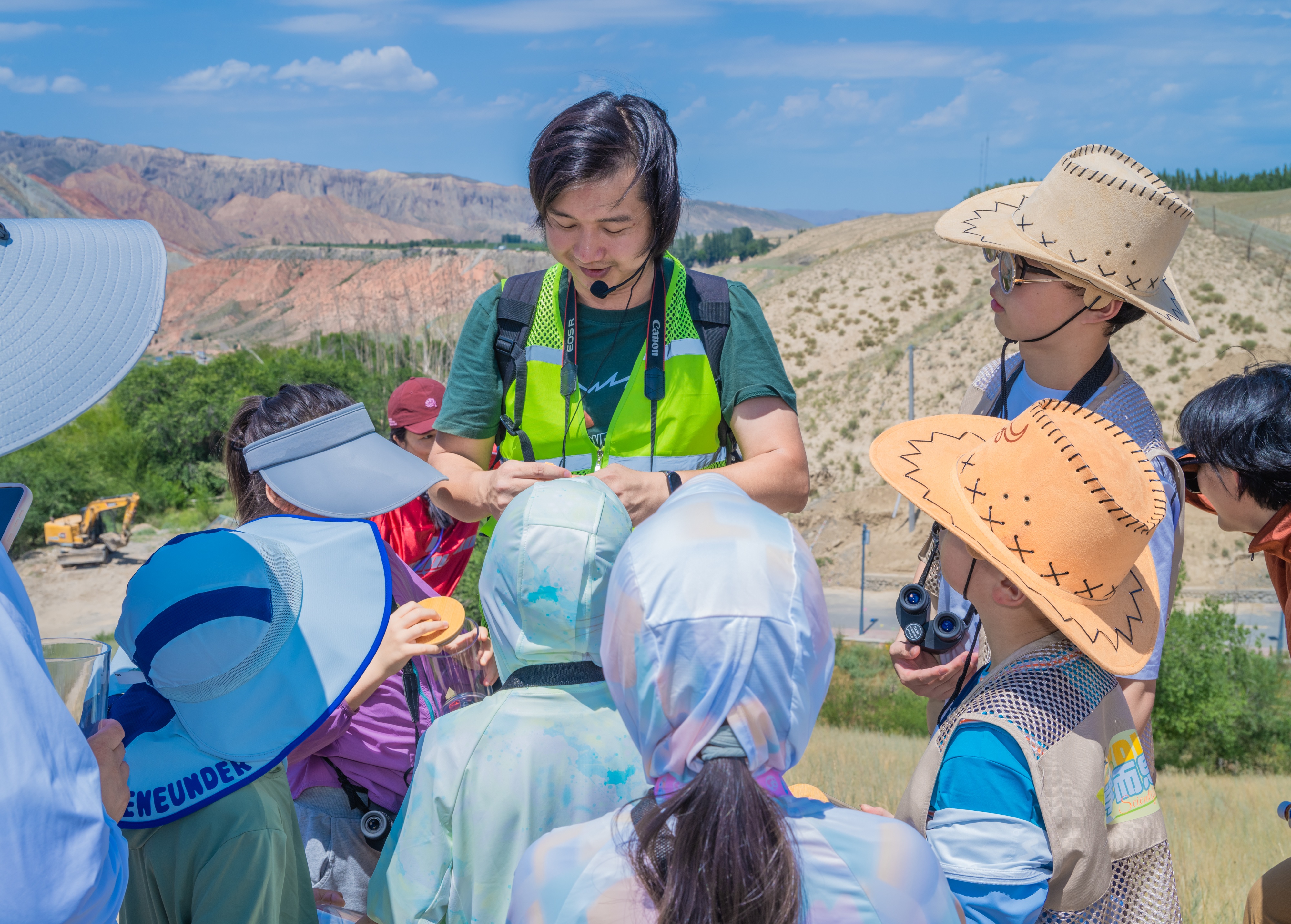
Study Tours Restructure the Market with "Knowledge Depth and Scientific Attributes"
The pivot in market demand acts like an invisible conductor, driving transformative upgrades to study tour offerings. The once shallow “check-in-style” study tours are gradually giving way to customized classrooms carrying distinctive themes.
“Emerging study tours are characterized by clear themes and strong focus, organizing activities around specific fields or topics,” remarked Xie Xiangxiang, Secretary-General of the Hainan Study Tour Tourism Association and Associate Professor at the International Tourism and Public Management Institute at Hainan University, in an interview with China Urban Newspaper. This indicates that study tour demands are deepening, increasingly emphasizing knowledge content and scientific properties.
Balancing Knowledge and Fun: From "Learning During Travel" to "Understanding Through Research"
In an era of flourishing modern educational concepts, study tours are reshaping learning models with distinct charm. This innovative education model unifying knowledge and action breaks the barriers of traditional classrooms, enabling knowledge to grow naturally amid the great outdoors. When children personally touch the texture of history and measure the mysteries of nature with their feet, the world—an enormous and evolving textbook—unravels itself vividly before their eyes. This is not only a revolution in educational methods but also a profound shift towards returning learning to its authentic essence.
Thus, balancing the relationship between study and travel, ensuring that children gain both knowledge and fun during the experience, has remained a “hot topic” throughout the development of study tours.
To balance knowledge and fun in study tour offerings, Zhang Dan from Xueersi Field Research revealed that Xueersi emphasizes a model of "online foundational learning and offline problem-driven learning." By making real research tasks engaging and materializing abstract knowledge through dual-line integration, Xueersi achieves harmonious results.
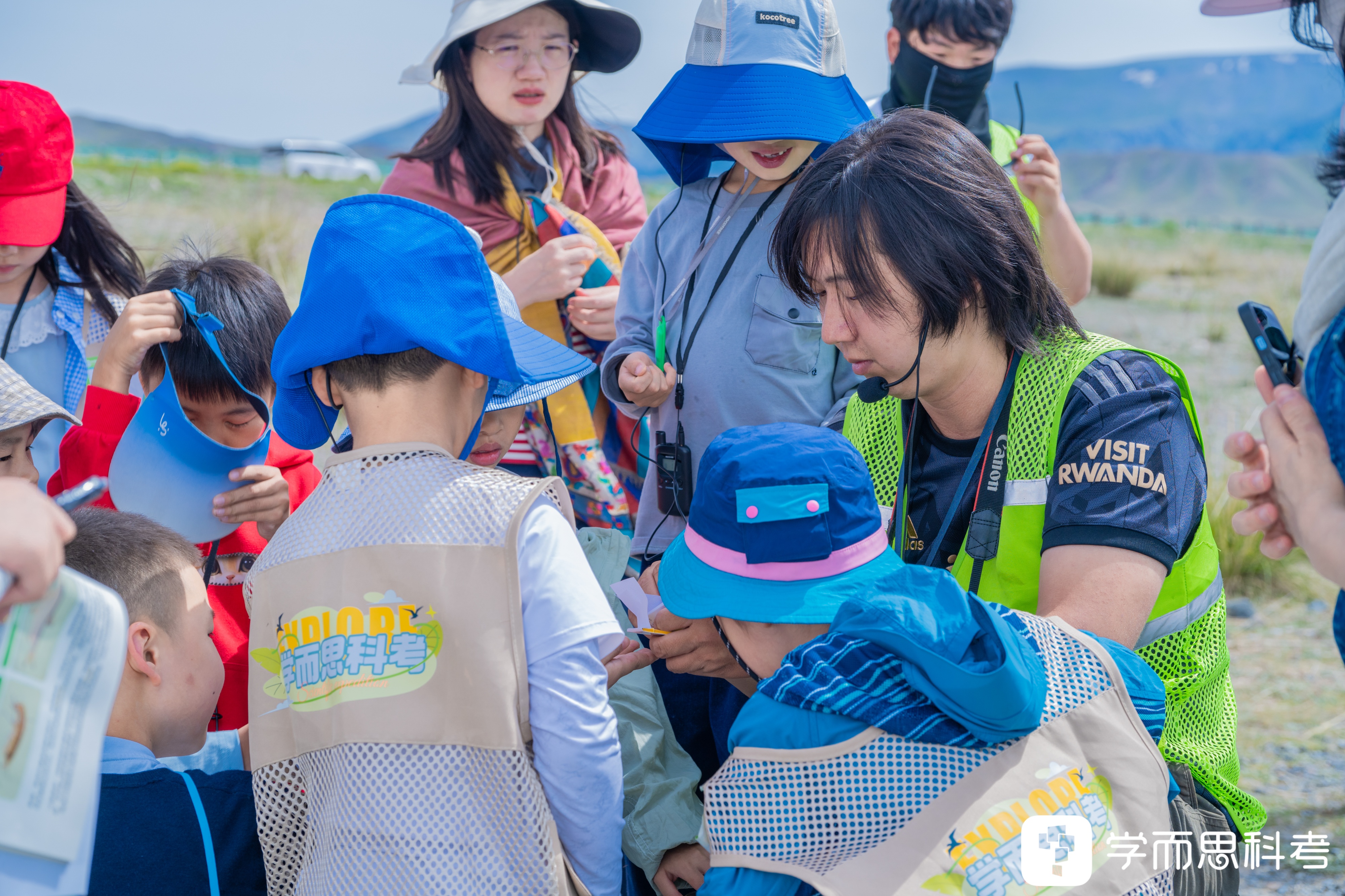
Using the Xinjiang Geological Research Camp as an example, Zhang shared her experiences from Xueersi Field Research. For knowledge-oriented design, online pre-sessions focused on natural science concepts, led by expert-guided lectures, were used to establish foundations. Offline, in geological contexts, participants carried out on-site observations, sample collection, feature analyses, and verifications of online-learned principles, guided by professional scientific mentors to connect observation data with systematic knowledge, enabling children to feel the practical significance of research.
For engaging design, online sessions incorporated knowledge Q&A, while offline scenarios introduced treasure-hunting challenges, merging knowledge application with interactive fun. For instance, the nighttime stargazing session at Lake Sailimu incorporated online astronomy insights to deepen understanding through a competitive exploration experience.
Apart from content and design, Zhang additionally emphasized the importance of safety and compliance in study tour offerings. She explained that study tours would publicize a "Safety Manual" and provide insurance before travel. During the trip, activity updates would be synchronized with parents in real-time via chat groups to eliminate information gaps.
Excerpt reprinted from a report by Zhang Yaxin in China Urban Newspaper:
"Decoding New Trends in the Summer Study Tour Market: From Niche Destinations to 'Hardcore' Knowledge Experience Upgrades," (August 4, 2025, Page 24).
Originally published at People.com:
https://paper.people.com.cn/zgcsb/pc/content/202508/04/content_30092945.html